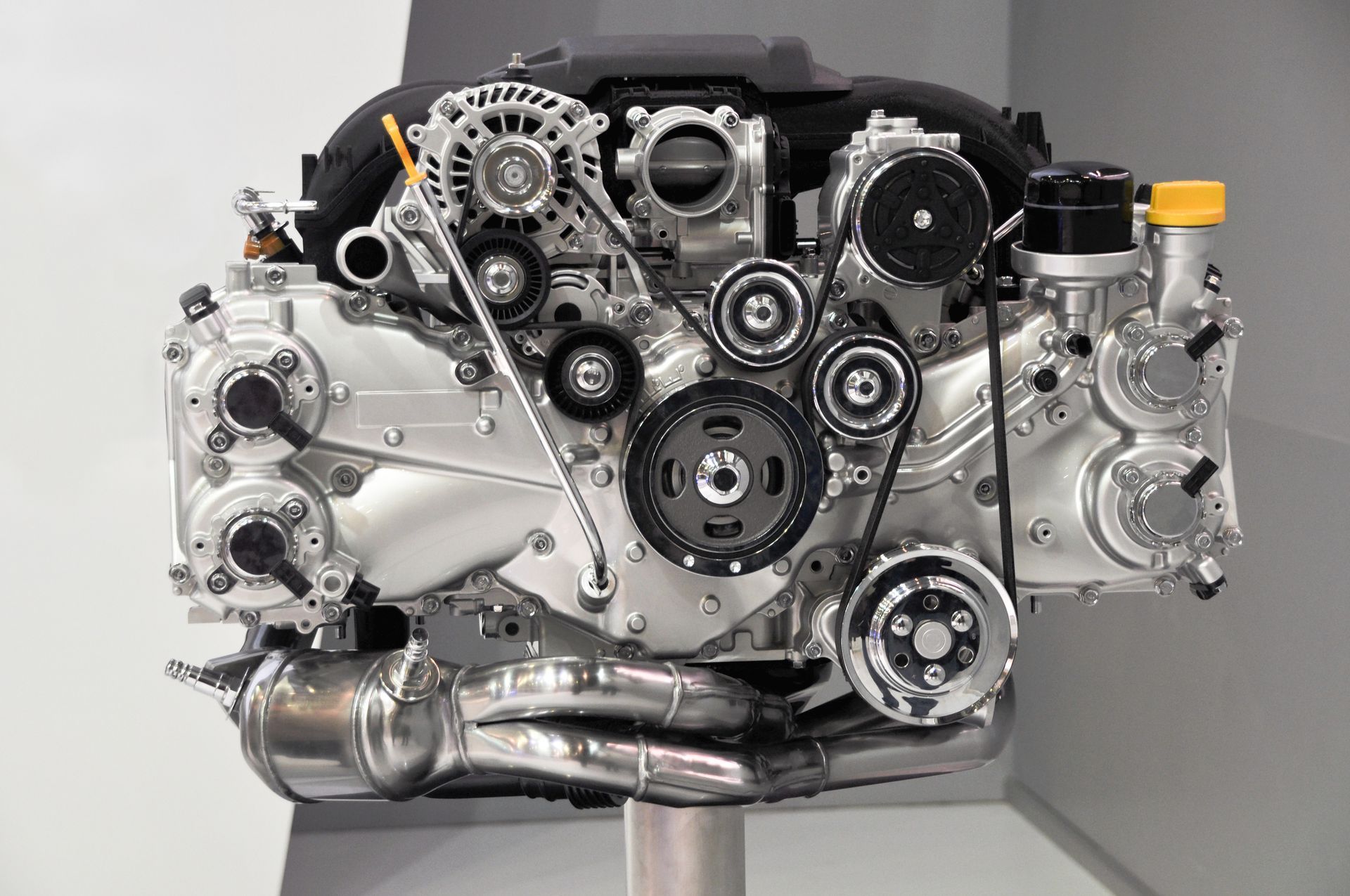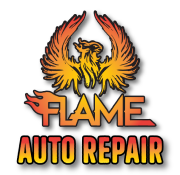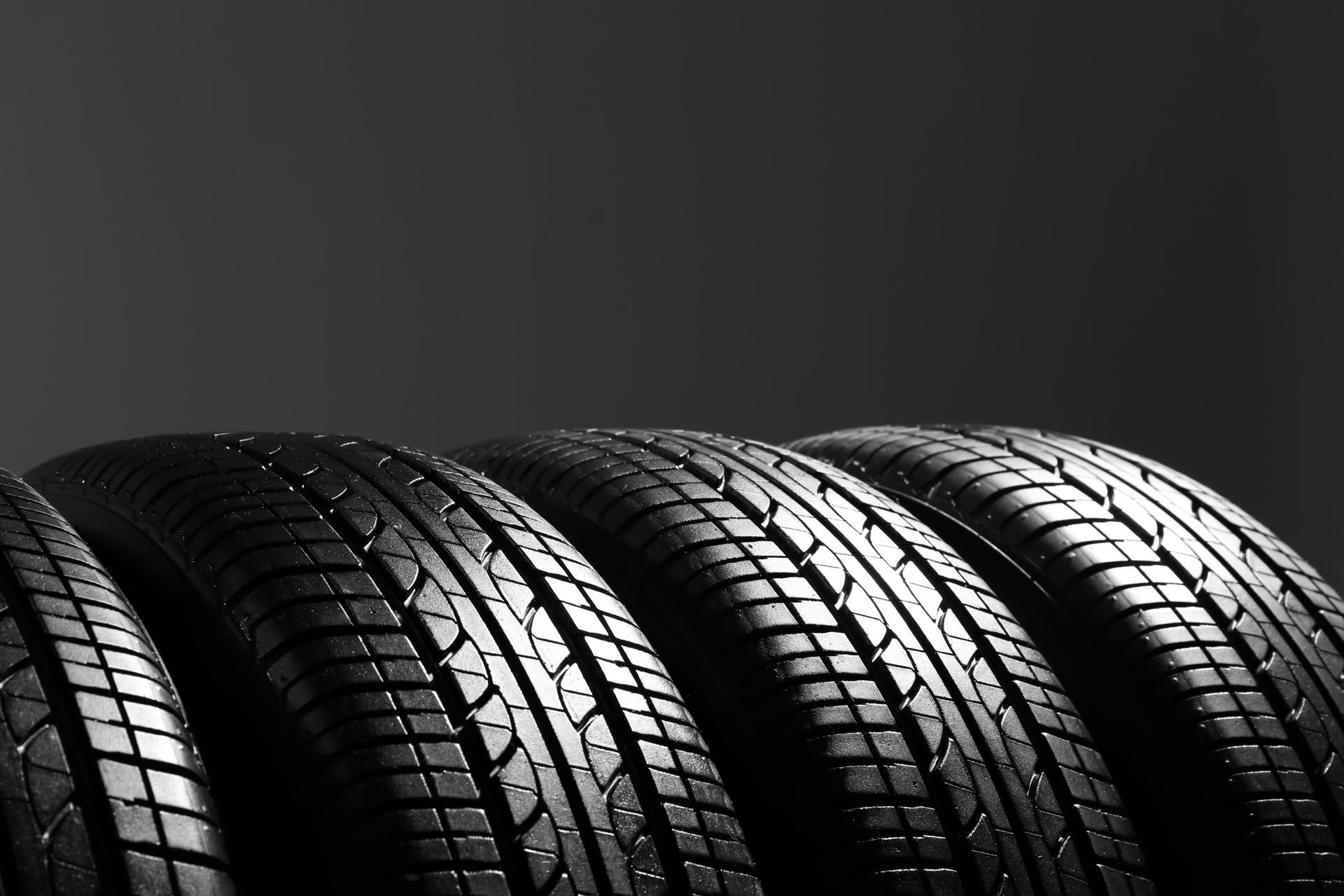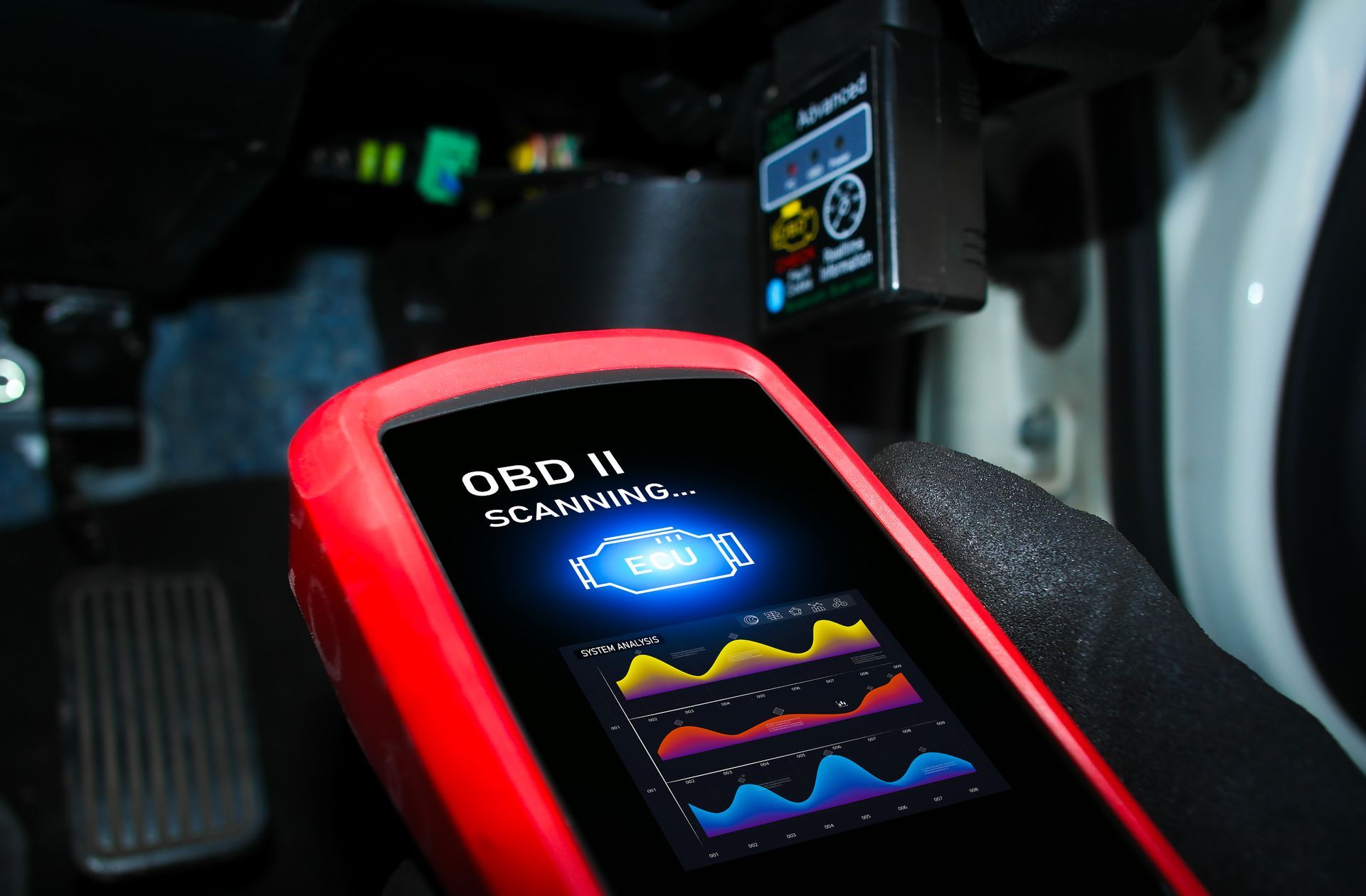Let’s get one thing out of the way: no, your car is not going to explode like it does in the movies. Hollywood (the one in California, not Florida) has a long history of turning car crashes into dramatic fireballs—but here in Hollywood, FL, we know that real car fires are a little less cinematic and a lot more preventable.
Still, people wonder: Can your car actually catch fire after a crash? The answer is yes—but it’s rare, and it doesn’t happen the way action films make it look. Here’s the truth behind those flaming fears, when you should be concerned, and how to keep your ride fire-free.
What Really Causes a Car to Catch Fire
Fires in vehicles are usually the result of one thing: a flammable fluid coming into contact with heat or a spark. Gasoline, oil, brake fluid, transmission fluid—even coolant under the right conditions—can become fire hazards when they leak onto hot engine parts or damaged wiring.
In a collision, the risk of ignition increases if the fuel system, battery, or electrical wiring gets damaged. That doesn’t mean flames shoot out instantly—but it does mean a fire could start minutes later after something smolders or a spark finds its way to leaking fuel.
Common causes of post-crash fires include:
- Ruptured fuel lines
- Exposed or shorted electrical wiring
- Broken batteries or damaged lithium-ion cells (especially in hybrids or EVs)
- Oil or transmission fluid leaks near exhaust components
- Sparks from metal-on-metal contact
It takes more than just leaking fuel to start a fire—there has to be heat or a spark and, in most cases, some serious damage.
But… Do Cars Actually Explode
Unless your gas tank is hit with extreme force and a perfectly timed spark, the kind of explosion you see in movies just doesn’t happen. Modern fuel tanks are designed to withstand impacts, and even if they’re punctured, gasoline doesn’t ignite on contact with air—it needs a very specific air-fuel mixture and an ignition source.
More likely, if a fire starts, it will build gradually, starting with smoke or a small flame. That’s why if you ever smell burning or see smoke after a crash—even a minor one—it’s best to get out and move a safe distance away, just in case.
What Should You Do After a Collision
If you’re in a crash, your safety comes first. Here’s what you should do if you suspect there’s a risk of fire:
Turn off the engine immediately. This stops fuel from flowing and reduces the risk of electrical sparks.
Get everyone out of the vehicle. Even if it looks safe, don’t wait for signs of trouble.
Move at least 100 feet away. If a fire starts, it can spread quickly, even if it doesn’t explode.
Call 911. Let first responders handle any smoke, fire, or electrical risk.
Even if there's no fire, a collision can cause hidden damage to your car’s wiring, battery, or fuel system. That’s why it’s important to get a post-collision inspection—even if everything “looks fine.”
What About Fires That Happen Without a Crash
Car fires can happen without a collision too. Electrical faults, overheating catalytic converters, and neglected fluid leaks are common culprits. If your car has an odd burning smell, visible smoke, or warning lights related to the battery or temperature, it’s not something to brush off.
In particular, if you're driving and suddenly notice:
- Melting plastic smell
- Electrical burning odors
- Sudden drop in power or flickering dashboard lights
- Heat coming from under the seats or near the pedals
Pull over safely and turn off the engine. Fires often give a warning before they start—if you know what to look (and smell) for.
So, Should You Worry
The short answer: not if you take care of your vehicle. Regular inspections, fluid checks, and repairs can prevent nearly every condition that leads to a vehicle fire.
Modern cars are full of safety systems—fuel cut-off switches, fire-retardant materials, and smart sensors all help reduce fire risk. But like anything mechanical, problems can develop over time. That’s why maintenance matters.
And while your car may not star in a blockbuster explosion scene anytime soon, ignoring fluid leaks, frayed wires, or dashboard warnings can still put you at risk.
Flame Auto Repair – Keeping Cars Safe in Hollywood, FL
Here at
Flame Auto Repair in Hollywood, FL, we know a thing or two about keeping fire where it belongs—out of your car. If you’ve recently been in an accident or noticed signs of overheating or burning smells, let our team take a look. We’ll inspect your wiring, fluid systems, and fuel lines to make sure everything is safe and secure.



